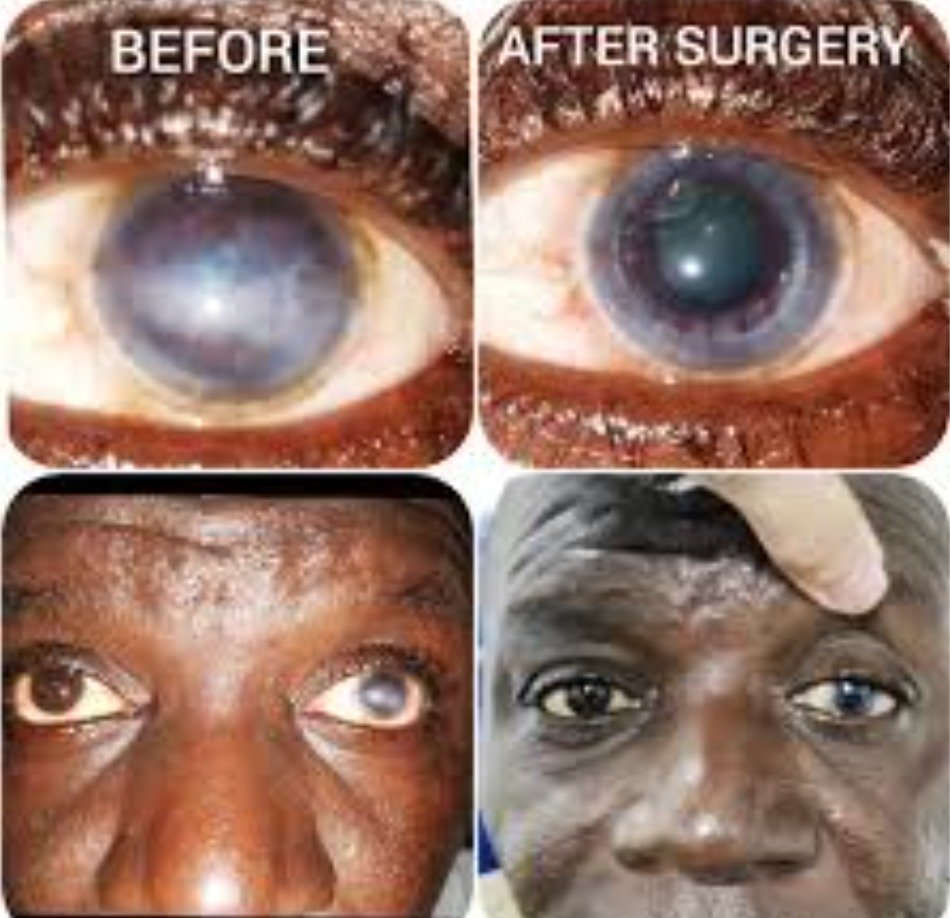India has emerged as a global hub for medical tourism, offering world-class healthcare services at affordable costs. Eye transplants are one of the specialised treatments that attract patients worldwide. If you or your loved one is considering an eye transplant, this comprehensive guide covers everything you need to know, including costs, procedures, hospitals, and patient-friendly services in India.
What is an Eye Transplant?
An eye transplant, often referred to as a corneal transplant, involves replacing a damaged or diseased cornea with a healthy donor cornea. This procedure is commonly used to restore vision in patients suffering from conditions such as:
- Corneal scarring due to injury or infection.
- Keratoconus (a progressive thinning of the cornea).
- Corneal dystrophies.
- Chemical burns or trauma.
Types of Eye Transplants
- Penetrating Keratoplasty (PK): Full-thickness corneal transplant.
- Endothelial Keratoplasty (EK): Replacing the innermost layer of the cornea.
- Descemet’s Stripping Endothelial Keratoplasty (DSEK).
- Descemet’s Membrane Endothelial Keratoplasty (DMEK).
- Anterior Lamellar Keratoplasty (ALK): Replacing the outer and middle layers of the cornea.
Eye Transplant Cost in India
India offers affordable eye transplant procedures without compromising on quality. The cost varies based on the type of transplant, hospital, city, and the patient’s medical condition.
Average Cost Breakdown:
- Penetrating Keratoplasty (PK): $1,200 – $3,000 (Approx. INR 1,00,000 – INR 2,50,000).
- Endothelial Keratoplasty (EK): $1,500 – $4,000 (Approx. INR 1,25,000 – INR 3,50,000).
- Anterior Lamellar Keratoplasty (ALK): $1,000 – $2,500 (Approx. INR 80,000 – INR 2,00,000).
Factors Influencing the Cost:
- Type of Hospital: Corporate hospitals may charge higher compared to government hospitals or charitable organizations.
- Location: Cities like Delhi, Mumbai, Chennai, and Bangalore have slightly higher costs due to advanced facilities.
- Surgeon’s Expertise: Highly experienced surgeons might charge a premium.
- Pre- and Post-Operative Care: Includes consultations, diagnostic tests, medications, and follow-up visits.
- Additional Services: Translation, accommodation, and travel arrangements for international patients.


Why Choose India for Eye Transplants?
India is a preferred destination for eye transplants due to the following reasons:
1. High-Quality Medical Facilities:
Indian hospitals are equipped with state-of-the-art technology and adhere to international standards like JCI and NABH accreditation.
2. Expert Surgeons:
India boasts a large pool of highly skilled and experienced ophthalmologists with global recognition.
3. Cost-Effective Treatment:
The cost of eye transplants in India is significantly lower than in countries like the USA, UK, or Australia.
4. Comprehensive Patient Support:
Hospitals and medical tourism companies provide multilingual support, visa assistance, airport transfers, and affordable accommodation for international patients.
Best Hospitals for Eye Transplants in India
- Aravind Eye Hospital, Madurai
- LV Prasad Eye Institute, Hyderabad
- Shroff Eye Centre, Delhi
- Narayana Nethralaya, Bangalore
- Sankara Eye Hospital, Coimbatore
The Eye Transplant Procedure
Here’s an overview of the steps involved:
- Pre-Operative Evaluation:
- Comprehensive eye examination.
- Tests to determine corneal thickness and shape.
- Blood tests and other diagnostic assessments.
- Surgical Procedure:
- Typically performed under local or general anesthesia.
- The damaged cornea is replaced with a donor cornea.
- Surgery duration: 1-2 hours.
- Post-Operative Care:
- Use prescribed eye drops and medications.
- Regular follow-ups to monitor healing.
- Avoid heavy physical activities and protect eyes from injury.
“Listen to Ms. Swati Jhoshi daughter of Mrs. Kamalesh Jhoshi(68yrs) from Bareli came to know that Apollo Hospitals Hyderabad is the best hospital for Eye Treatment. They came to Apollo Hospitals & meet Dr Rajesh Fogla, Ophthalmologist & underwent Corneal Transplant. She & her mother share their experience with us & thank Dr Rajesh Fogla & Apollo Hospitals.“
Success Rates of Eye Transplants in India
India’s success rate for corneal transplants is over 90% for most patients. Factors contributing to high success include:
- Advanced surgical techniques.
- Availability of quality donor corneas.
- Comprehensive post-operative care.
Tips for International Patients
- Medical Visa:
- Apply for an Indian medical visa online.
- Provide documentation like a medical invitation letter from the hospital.
- Travel and Accommodation:
- Plan your stay near the hospital for convenience.
- Use affordable medical tourism packages.
- Health Insurance:
- Confirm whether your insurance covers treatment in India.
- Language Assistance:
- Use translators provided by hospitals or medical tourism facilitators.
Frequently Asked Questions (FAQs)
Q1: How long does it take to recover from an eye transplant?
- Recovery varies by individual, but most patients see significant improvement within 3-6 months.
Q2: Is an eye transplant painful?
- The procedure is generally painless, performed under anesthesia. Mild discomfort post-surgery is normal and managed with medications.
Q3: Are donor corneas easily available in India?
- Yes, India has well-established eye banks and donor programs to ensure timely availability of corneas.
Q4: Can both eyes be transplanted at the same time?
Usually, only one eye is treated at a time to ensure proper healing.
Conclusion
Choosing India for your eye transplant is a decision that combines affordability, quality, and convenience. With renowned hospitals, skilled surgeons, and comprehensive patient support, India offers a seamless experience for restoring your vision. At EaseMyHealthcare, we specialize in simplifying your medical journey—from consultations to recovery. Let us handle your travel, accommodation, and hospital arrangements so you can focus on what matters most: regaining your sight.
Contact us with EaseMyHealthcare today for personalised assistance and start your journey to better vision with confidence!




